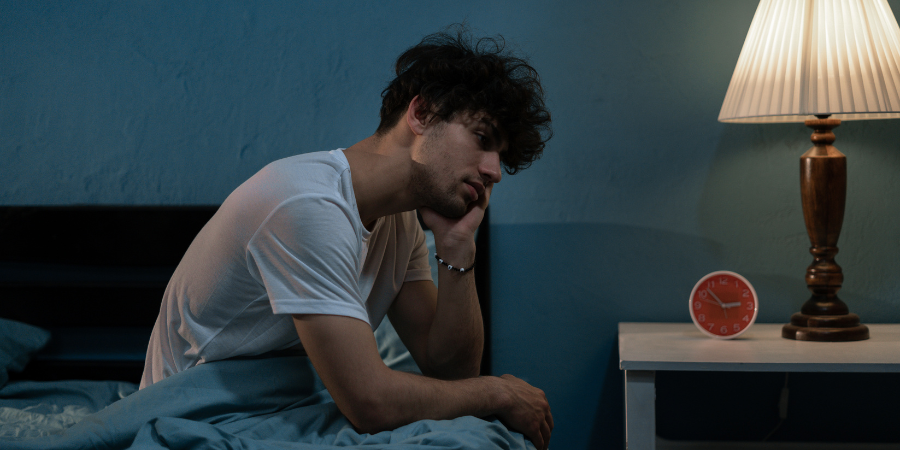



DEPRESSION - SNEAKY, DANGEROUS, BAD
14 October 2024
Depression is a serious illness that affects not only the emotions and mind, but also the body. Although it is often confused with fatigue or seasonal melancholy, its effects can be far-reaching and destructive. That is why it is so important to be able to recognize the first symptoms and know how to effectively counteract this disease.
DO NOT IGNORE THE FIRST SIGNALS
Depression is a condition that does not always manifest itself with a sudden breakdown. It can begin subtly, with a feeling of fatigue, loss of energy, or a lack of joy in things that used to bring pleasure. These signals are often ignored or blamed on a temporary worse mood. However, as psychiatrist Dr. Joanna Duszyńska explains, depression is a chronic disease, the symptoms of which can worsen over time. It is worth paying attention to persistent low mood, anhedonia (lack of pleasure), and problems with concentration and sleep.
WHY DO WE BECOME DEPRESSIONATE?
Many people confuse depression with melancholy or passing sadness. In reality, it is a serious mental illness that affects the functioning of the brain, not a temporary emotional indisposition. What is more, depression can affect anyone, regardless of age, gender or social status. As Dr. Duszyńska emphasizes, some depressions are a reaction to difficult life events (so-called reactive depressions), while others result from biological factors, such as changes in brain neurotransmitters, leading to so-called endogenous depression.
WHY SHOULD YOU SEE A SPECIALIST?
Depression is an insidious disease, the symptoms of which can develop slowly, which is why many patients delay treatment. Meanwhile, rapid diagnosis and appropriate treatment are key to recovery. Treating depression is not limited to pharmacological therapy. Psychotherapy and support from loved ones are also very important. As Dr. Duszyńska notes, appropriately selected therapy can prevent relapses and significantly improve the patient's quality of life.
WHAT TO DO TO HELP YOURSELF?
The most popular form of treatment for depression is antidepressants, which – contrary to popular fears – are not addictive and do not have serious side effects if selected appropriately. However, it is important for the patient to wait patiently for the effects, as these drugs only start working after a few weeks. In addition to pharmacotherapy, effective methods of treatment include psychotherapy and, in some cases, phototherapy (light therapy). Thanks to modern solutions, depression can be effectively treated and a normal, active life can be led.
SUPPORT FROM LOVED ONES – A KEY ELEMENT IN FIGHTING DEPRESSION
People suffering from depression often do not want to, or cannot, reach out for help themselves. That is why the support of loved ones is so important, who can encourage them to seek help from specialists. As Dr. Duszyńska emphasizes, family and friends should avoid criticizing the patient, and instead offer understanding and help in small steps. It is also worth remembering that depression is an illness, not a temporary weakness, so you should not tell patients to "pull yourself together". A joint effort to treat can speed up the process of recovery.
DEPRESSION IS CUREABLE – WE NEED TO TAKE ACTION!
Depression can recur, but with proper treatment and support from loved ones, it is possible to lead a full, happy life. It is important not to delay seeking help. It is also important to remember that depression is not a sign of weakness, but an illness that can be effectively treated. If you feel that depression is affecting you or someone close to you, do not be afraid to reach out for support. Actively fighting the disease is the key to health and well-being.
Who we are
In our work, we are guided by the idea of a family doctor who provides the patient with comprehensive care at all times, not only when they are ill. Our mission is to take care of the health of residents on a daily basis. We provide health education and promote prevention.
Copyright © Wrocław 2021 NZOZ Your Doctor Sp. z o. o. All Rights Reserved.
Website created by KomuKoncept: www.komukoncept.pl






